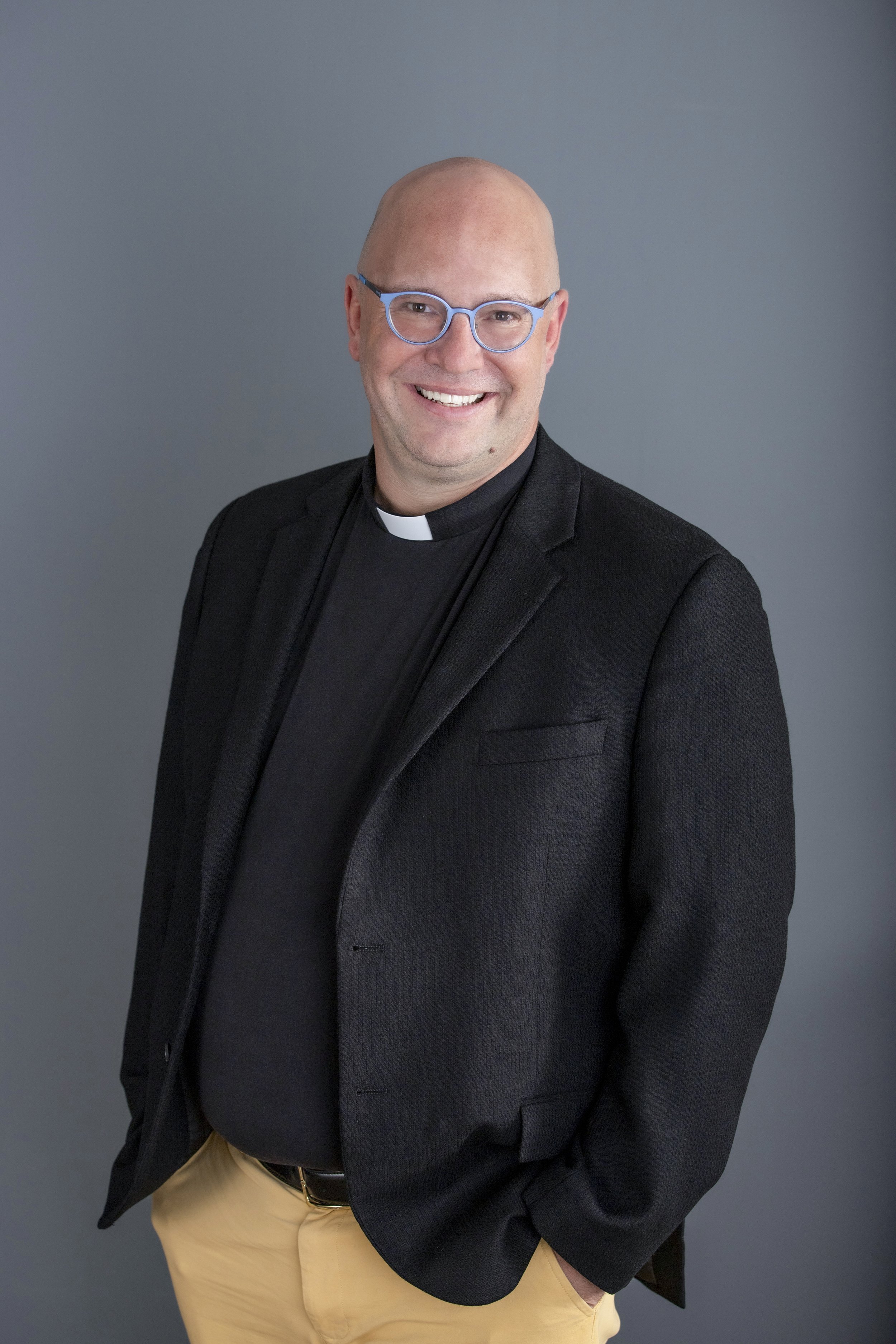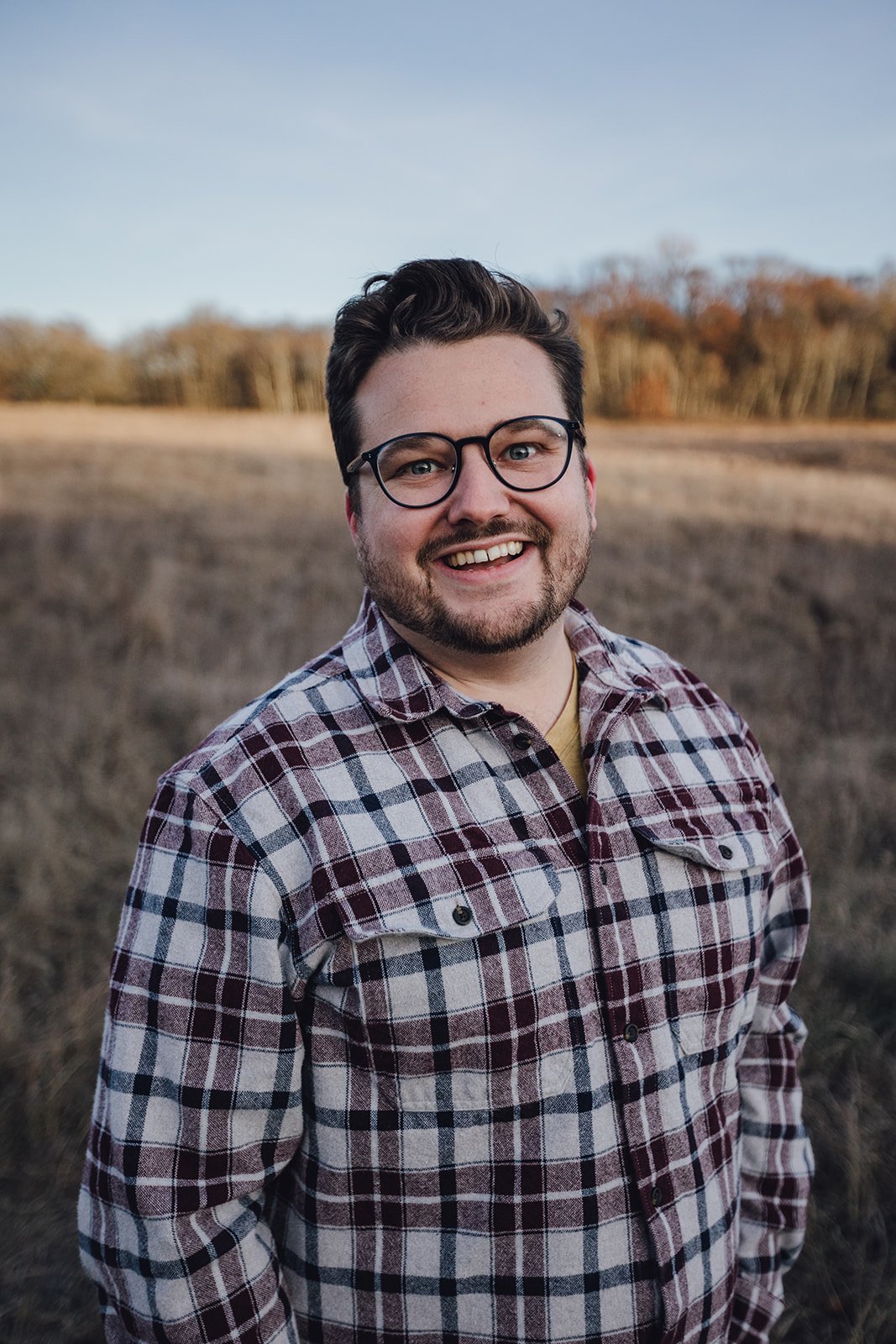Church Anew Blog
Get Updates in Your Inbox
Want to stay up-to-date with the Church Anew Blog? Sign up for our weekly blog round-up.
Play and Love Loud
When kids spill out onto the sidewalk in laughter or race down the block on bikes, we catch a glimpse of the divine extravagance.
Agape: Accepting Ego-Sacrifice as a Foundation for Transformative Love
Agape—the radical, unconditional love taught by Jesus—is not merely an abstract virtue; it is a call to sacrifice the ego and accept reality as it is, so that we may love not only those who love us but also our enemies.
Golden Advice from Two Unexpected Saints
Decades after my first encounters with them, a couple of my childhood heroes continued to lift my spirit and entertain my soul. These two people contributed, at least in some small way, to forming my belief system and maybe even some aspects of my personality.
Unlikely Saints
All Saints Sunday gives us a very personal way to talk about the present and future by talking about the past. Who are we? Who do we want to be? Those saints from our past give us a way to talk about where we are and where we are headed.
How Parenting Is Teaching Me Notes of Rest: Lessons from the first month
What a marvel it is to have a child. There really are no words to do it justice. A few of you have expressed interest in what parenthood will do to my sense of rest. I’m sure that will be a lifelong journey, but here are a few quick insights
The Story of Abraham and Family Trauma Part 2
The stories, like that of Abraham and his descendants, enable us in our modern times to understand that stories of family dysfunction are not at all new. These stories give us much with which to wrestle with as we learn and ponder them anew.
The Story of Abraham and Family Trauma Part 1
The stories, like that of Abraham and his descendants, enable us in our modern times to understand that stories of family dysfunction are not at all new. These stories give us much with which to wrestle with as we learn and ponder them anew.
Off-Script Christian Parenting: On tattoos and red wagons
Christian parenting is tough. On one hand, I desperately want my two daughters to have faith in God. I want them to experience the church as a place that models the love of God. I want them to be compelled to act when they see the image of God in their neighbors. On the other, I don’t want the weight of my expectations to become an unbearable burden. And, if I’m honest, my expectations are weighty.
Reading the Bible with the Webb Telescope
As my faith evolved and I began to question many of the traditions I was raised with, the memory verses sometimes stung like fresh cuts or ached like purple bruises.
EXPLORE OUR ARCHIVE OF ARTICLES FROM
Walter Brueggemann
Get Updates in Your Inbox
Want to stay up-to-date with the Church Anew Blog? Sign up for our weekly blog round-up.









